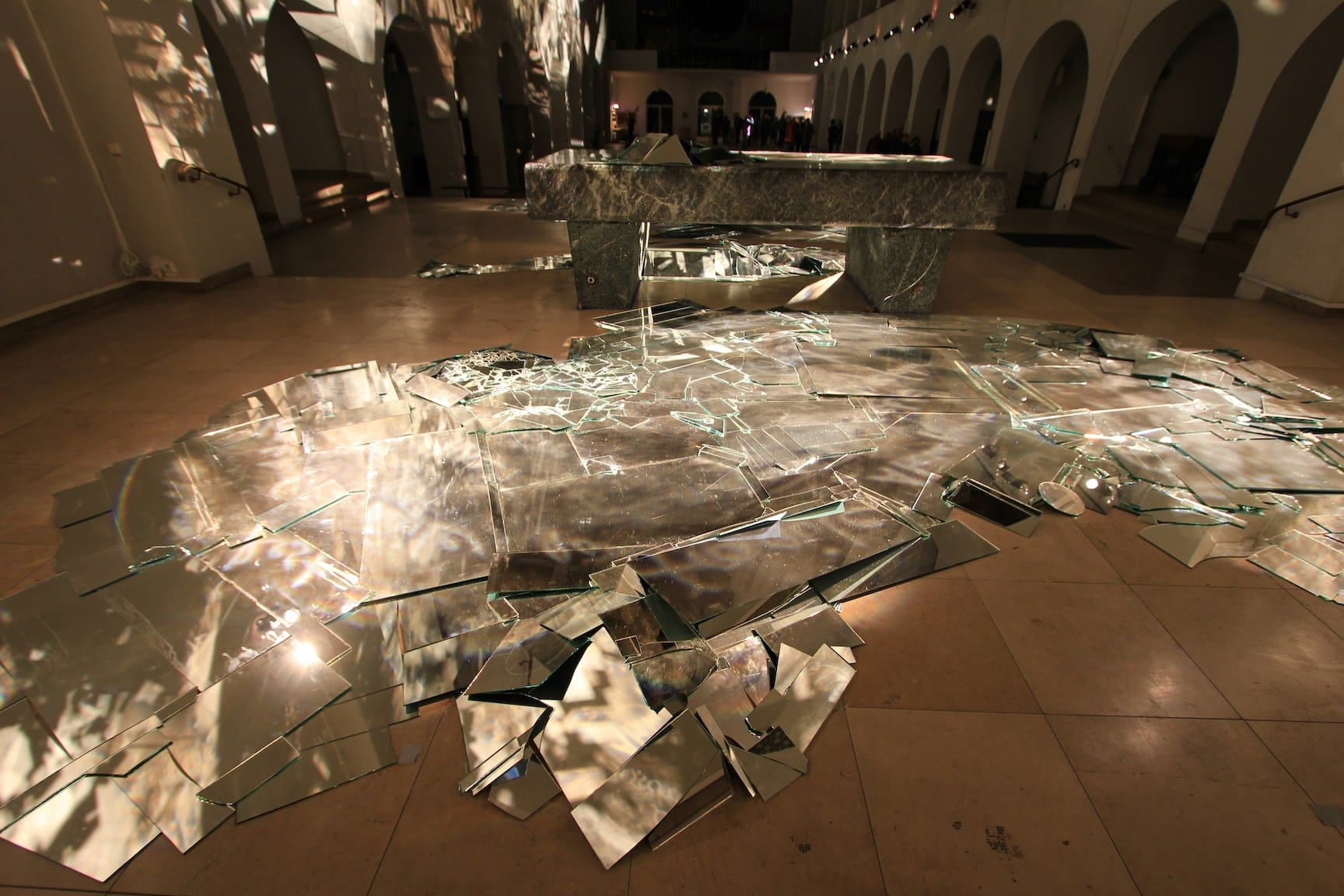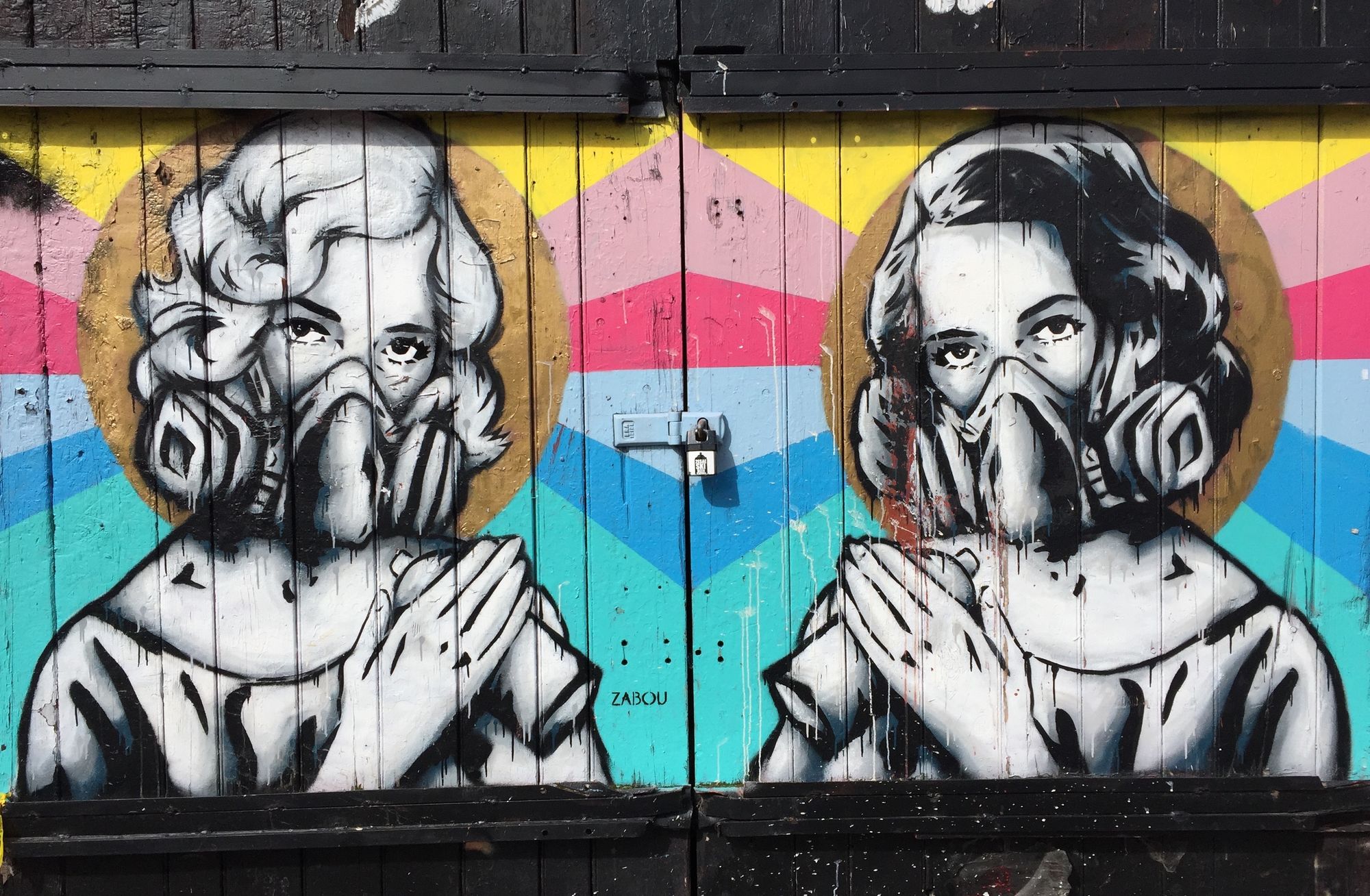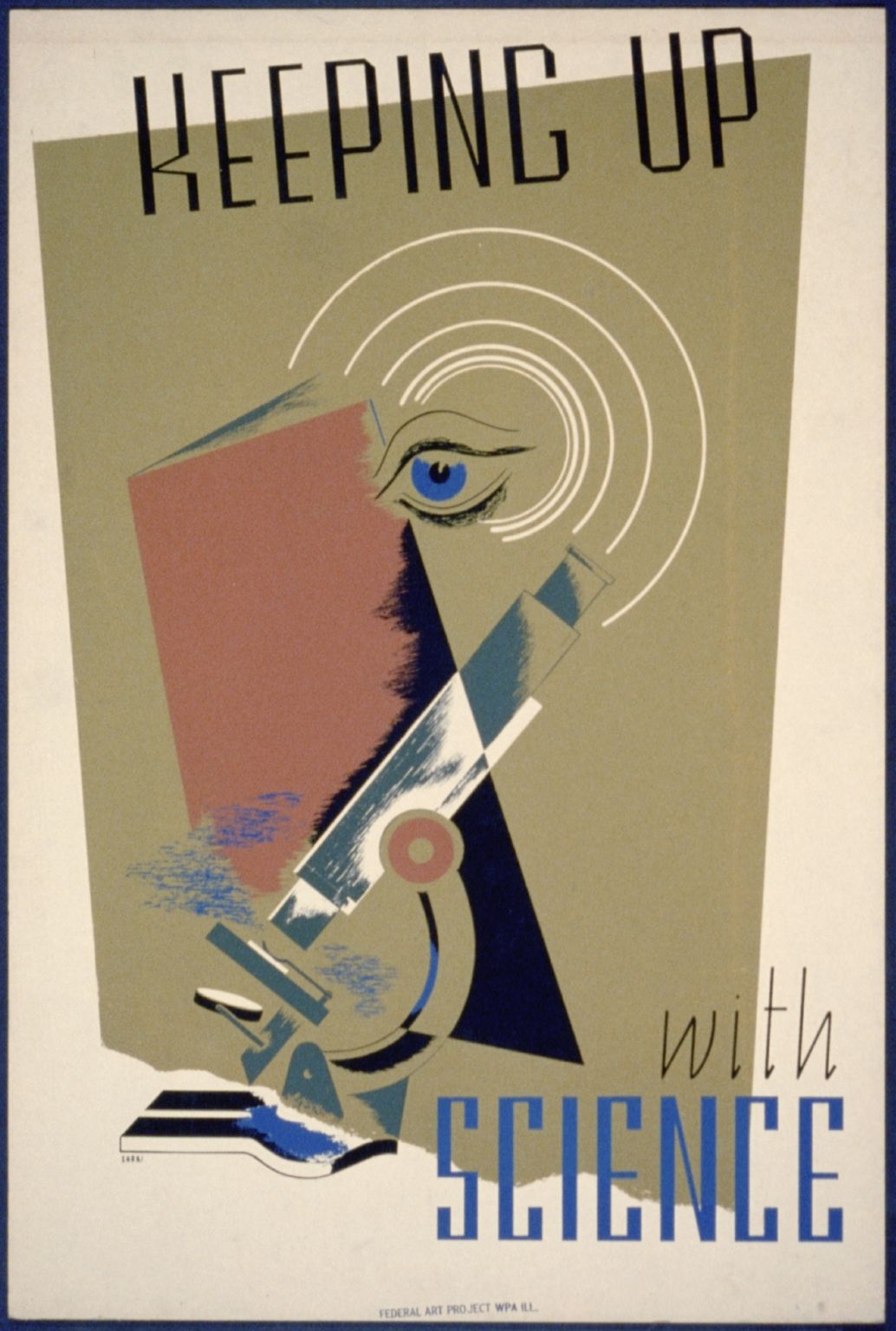It fascinates me that entropy, the universe's inexorable tendency toward disarray, is itself what creates order. Structures that are not stable will be shaken away; patterns that do not encode their own persistence will perish.
Entropy is the ur-selection pressure, the primordial devouring mother who eats almost as many young as she births. Almost — and so here we are.
As Nick Land memorably wrote:
All health, beauty, intelligence, and social grace has been teased from a vast butcher's yard of unbounded carnage, requiring incalculable eons of massacre to draw forth even the subtlest of advantages. This is not only a matter of the bloody grinding mills of selection, either, but also of the innumerable mutational abominations thrown up by the madness of chance, as it pursues its directionless path to some negligible preservable trait, and then — still further — of the unavowable horrors that 'fitness' (or sheer survival) itself predominantly entails. We are a minuscule sample of agonized matter, comprising genetic survival monsters, fished from a cosmic ocean of vile mutants, by a pitiless killing machine of infinite appetite. (This is still, perhaps, to put an irresponsibly positive spin on the story, but it should suffice for our purposes here.)
The man has a way with words, doesn't he?
Being religious, I am not so lachrymose as Land. He's not wrong, per se, but his account is incomplete. Suffering is suffering and it is awful. But thence beauty, as Land noted, and beauty is wonderful. I don't think either valence of this mortal coil outweighs the other; it's not as though we have a choice between the two.
I do fully agree with Land that one must face up to the brutality. It is what it is — how could it be anything else?
Nonetheless there is joy. There is love, including the cosmic agape that is the wellspring of all existence.
If Keats was right that "Beauty is truth, truth beauty, — that is all / Ye know on earth, and all ye need to know," as I am prone to echo, then even the crushing reality of pain and evil rewards acceptance.
When it comes to life(forms), evolutionary history shows that adaptation — the process Land described so evocatively, set in the context of environment and ecosystem — is the means of survival. But there is a tradeoff between honing the capacity to thoroughly exploit a specific local niche versus maintaining a generalist's ability to shift strategies in response to change.
It is a testament to humanity's flexible talents that our species manages to live on every continent, even probing the desolate cosmos. We achieve this through the continuous, enormous, insatiable investment of energy, negentropic creatures that we are.
I wrote about entropy a few years ago:
[E]ntropy is the inexorable reduction of the number of valid possibilities (in a closed system / absent outside injections of energy). The fewer possibilities, the more entropy. Intuitively, this makes sense: Things keep happening until there are no longer more things that can happen, given the current configuration of said things — due to the once-concentrated energy that was "stored" in chemical bonds having all been unlocked and dispersed.
In other words, eventually a system will realize a possibility that reduces the subsequent number of possibilities, and so on, until there are no available possibilities that could have this effect. That's the heat death of the universe — maximal energy dispersal, minimal possible futures. Those are the same thing, because a possibility is the fact of locked-up energy being present to potentially realize that possibility. The possibility wouldn't be possible if that weren't the case.
Thus entropy is an inverse measure of the couldness of a system — the amount and variety of different configurations into which it might permute; the trajectories of change able to occur through space-time. Straightforwardly, this couldness is unable to increase without more energy being applied — and there you have the second law. As the possibility space shrinks, entropy increases.
I said that humans are negentropic; each individual life is an exercise in sustained specificity, and collectively we forge infrastructure that lasts through generations. Culture, both material and otherwise, is the legacy that extends from time immemorial, simultaneously shifting and constant — changeable enough to survive, yet coherent enough that it means something to say it survived. You can see the Great Wall of China from space, etc. (Well, apparently not, but you know what I mean.) Each edifice of stone that remains from antiquity is a vast store of couldness bound up in a particular form.
However, humans also disperse reservoirs of couldness left and right, even vaster ones than we maintain. We unlock the energy of the Earth and expend it, inevitably losing as much as we control. As the path of our species is trodden into history, the roads not taken disappear. Again, written several years ago:
Imagine, if you will, a body with fingers plunging into every possibility, a body that must be pruned back — snip-snap! — to grow in a certain direction. Otherwise it will spread and spread until the skin splits, until the end and beginning are strangers. The body would become a cacophony of beginnings and ends, none still in congress, all surface area and no core.
Entropy is what prevents this mad multiplicity. Eris laughs and tosses the gleaming apple, knowing that we'll chase wherever it leads. Humanity becomes and becomes and becomes, all the while increasing the neverness that is entropy's essence. The perpetual death of chance: fate itself.
Header photo by Julia Taubitz; installation artist unknown.




